Europe's gas crisis - boon or bane for climate policy ambitions?
Energy crunch 2022
Contents
The energy crunch – What causes the rise in energy prices?
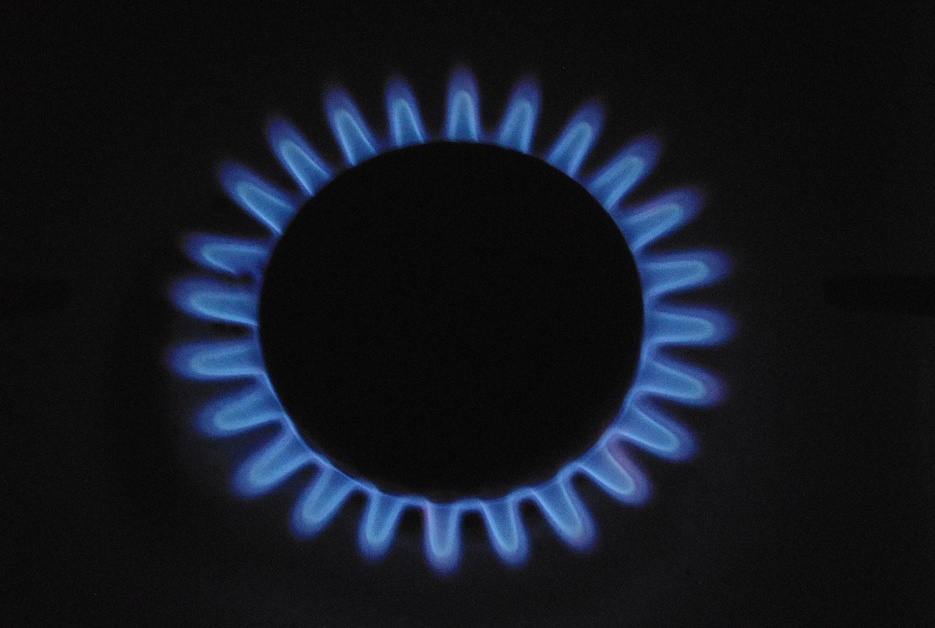
Prices for electricity and gas have skyrocketed in Europe last year and this winter, inflating energy bills for households and businesses, prompting governments to introduce relief measures while wondering how to counteract the underlying reasons for the energy crunch in the longer term. This factsheet – the first of a series of 3 on the energy crisis – explains how the gas shortage is affecting power prices, what the main reasons for the price hike are and what the merit order of the electricity market has to do with it, and what influence it has on overall inflation.
Read the factsheet here.
Energy crunch - How does it affect Germany’s climate policy & what can be done?
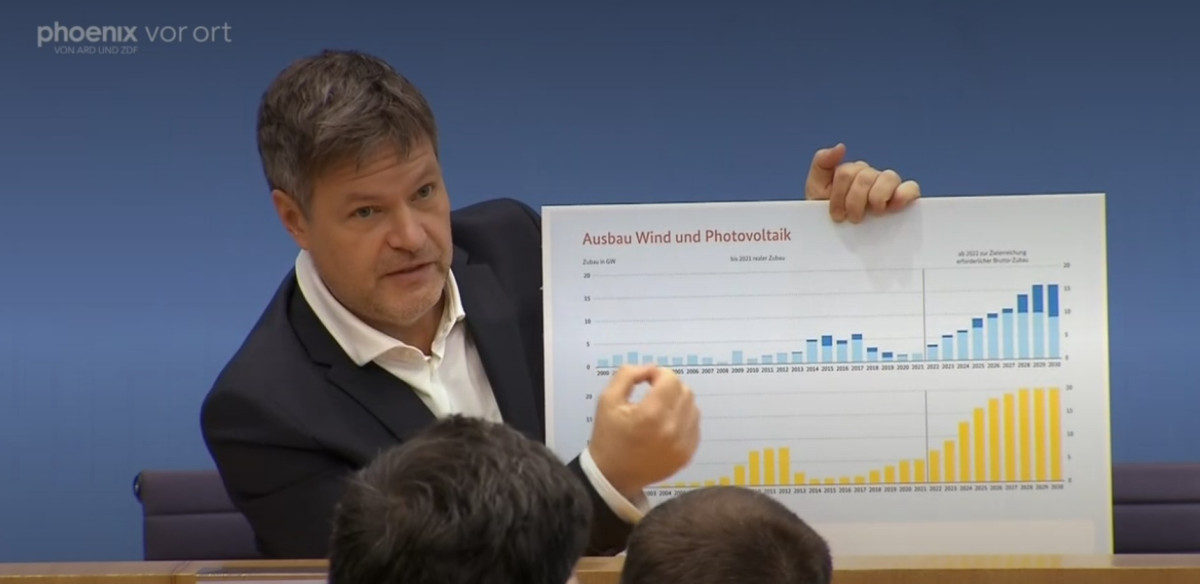
Gas supply shortages and geopolitical tensions between Russia and the West are hitting the EU at a time when the bloc wants to focus on phasing out fossil fuels to achieve climate neutrality by the middle of the century. Plans in Berlin and Brussels are now overshadowed by consumers battling with skyrocketing energy prices. This factsheet – the third of a series of three on the energy crunch – explains how high energy prices influence the German power mix and emissions, what the government could do to alleviate the gas supply problems, the dependency on Russian gas, and what effect the crisis could have on the government's climate policy plans.
Read the factsheet here.
The energy crunch – Effects on households and businesses and government's reaction
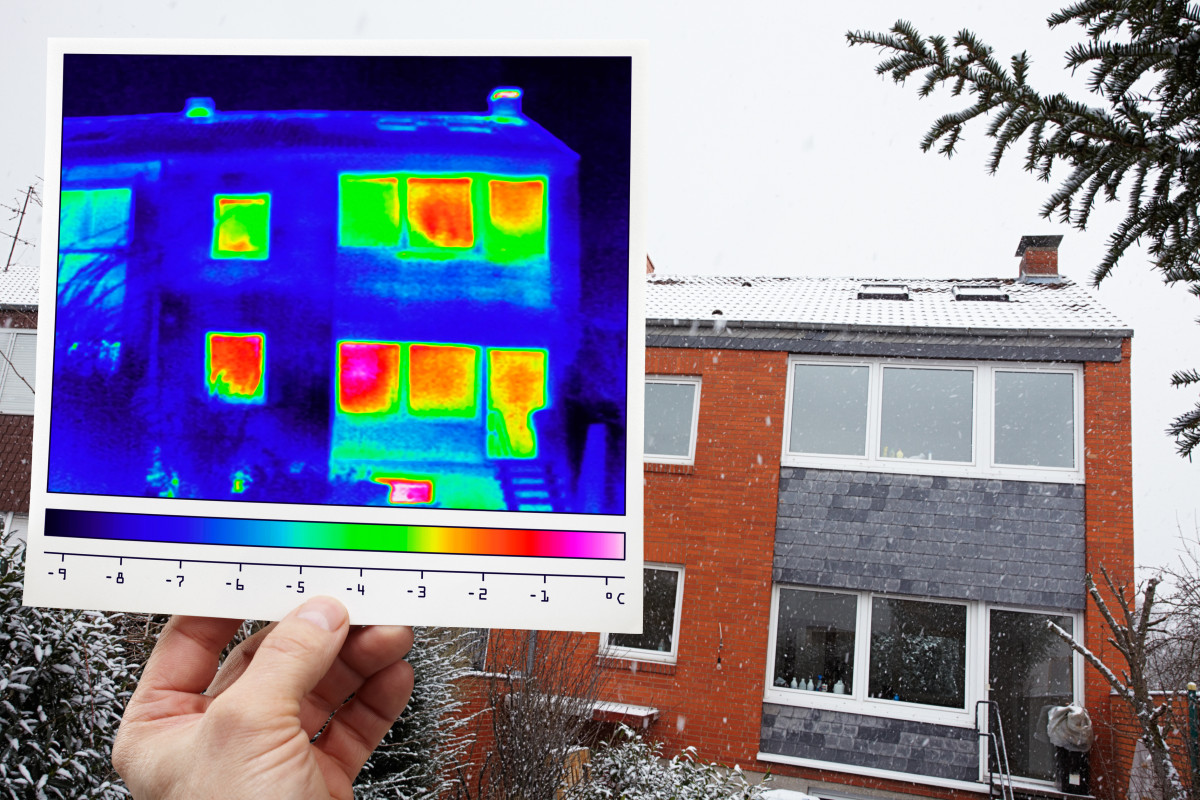
The energy crunch is hitting the whole of Europe. German consumer power prices are known to be high even at normal times. As some power and gas suppliers have folded under the pressure of wholesale prices for power and gas more than tripling, some households were forced into expensive new contracts. Almost all European governments have come up with relief measures for consumers and businesses but the 27 EU member states have not made a concerted effort yet. This factsheet – part 2 of a series of 3 on the energy crunch in Germany and Europe – explains how people and businesses are affected, how different stakeholders have reacted and how the German and European governments are responding to help consumers.
Read the factsheet here.
What German households pay for power
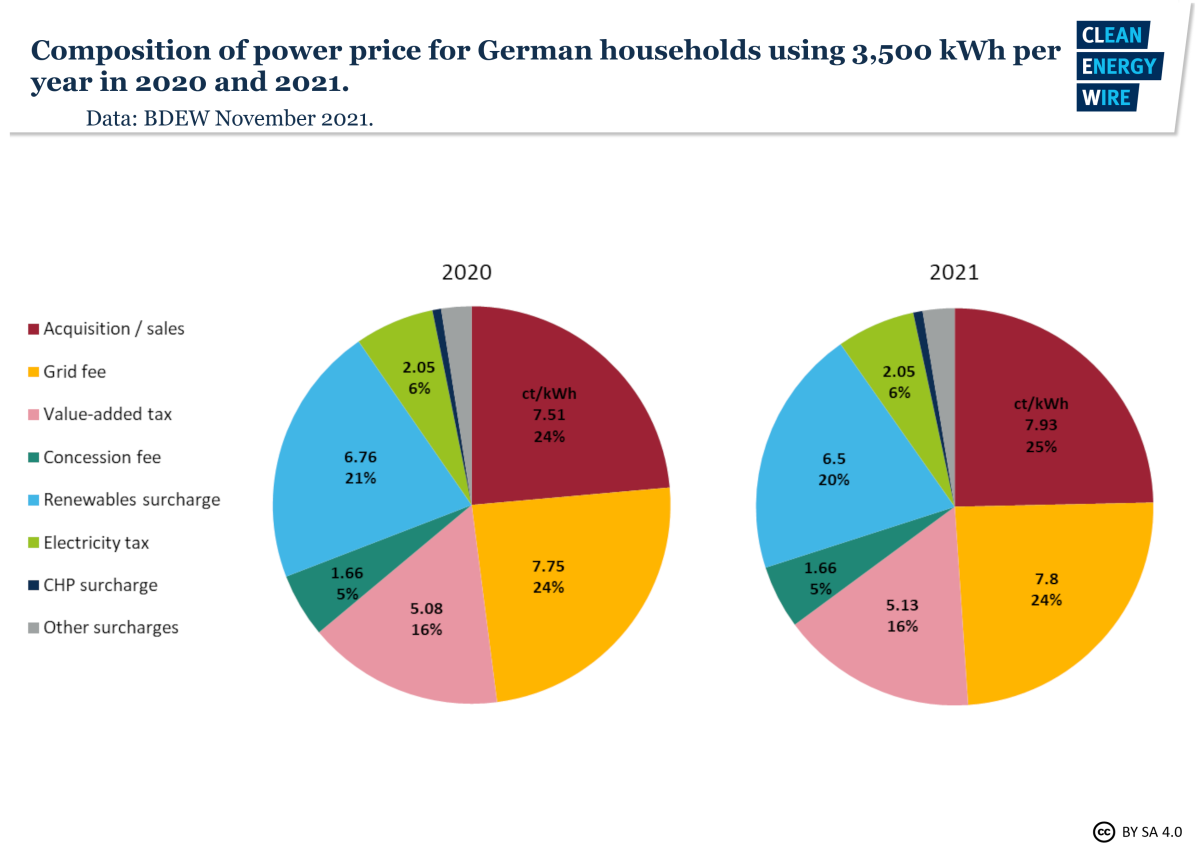
Power prices in Germany are among the highest in Europe. The high costs partly are due to the mandatory support for renewable energy sources – but most customers continue to support the country's energy transition regardless. Wholesale electricity prices on average have been in decline in recent years, but surcharges, taxes, and grid fees raise the bill for Germany's private households and small businesses. However, market observers say that power costs are often not even high enough for customers to look for cheaper alternatives. At the same time, the 2021 energy price hike in Europe is upsetting government plans to ease the financial burden on housheholds by reducing fees and surcharges on consumption.
Read the factsheet here.
Germany and the EU remain heavily dependent on imported fossil fuels
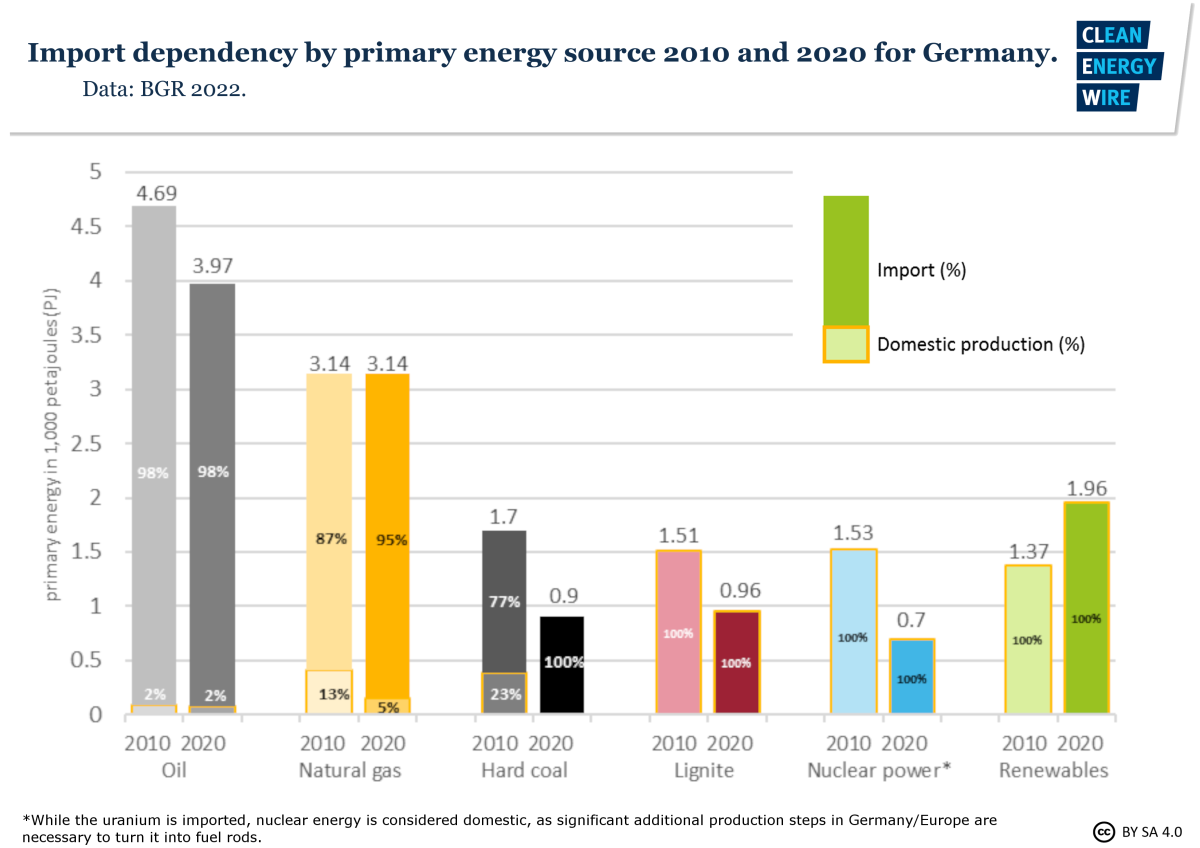
In the midst of the Energiewende, Germany still relies still heavily on imports of fossil fuels as its domestic resources are largely depleted or their extraction is too costly. Rising European energy prices in 2021/2022 and tensions in countries that are key to the continent’s energy supply have put the question of import dependence and how the switch to renewables could bring some relief front and centre of the debate. This factsheet provides an overview of the current status of Germany’s oil, gas and coal consumption, as well as its main suppliers, and discusses Europe’s dependence on imported energy.
Read the factsheet here.
